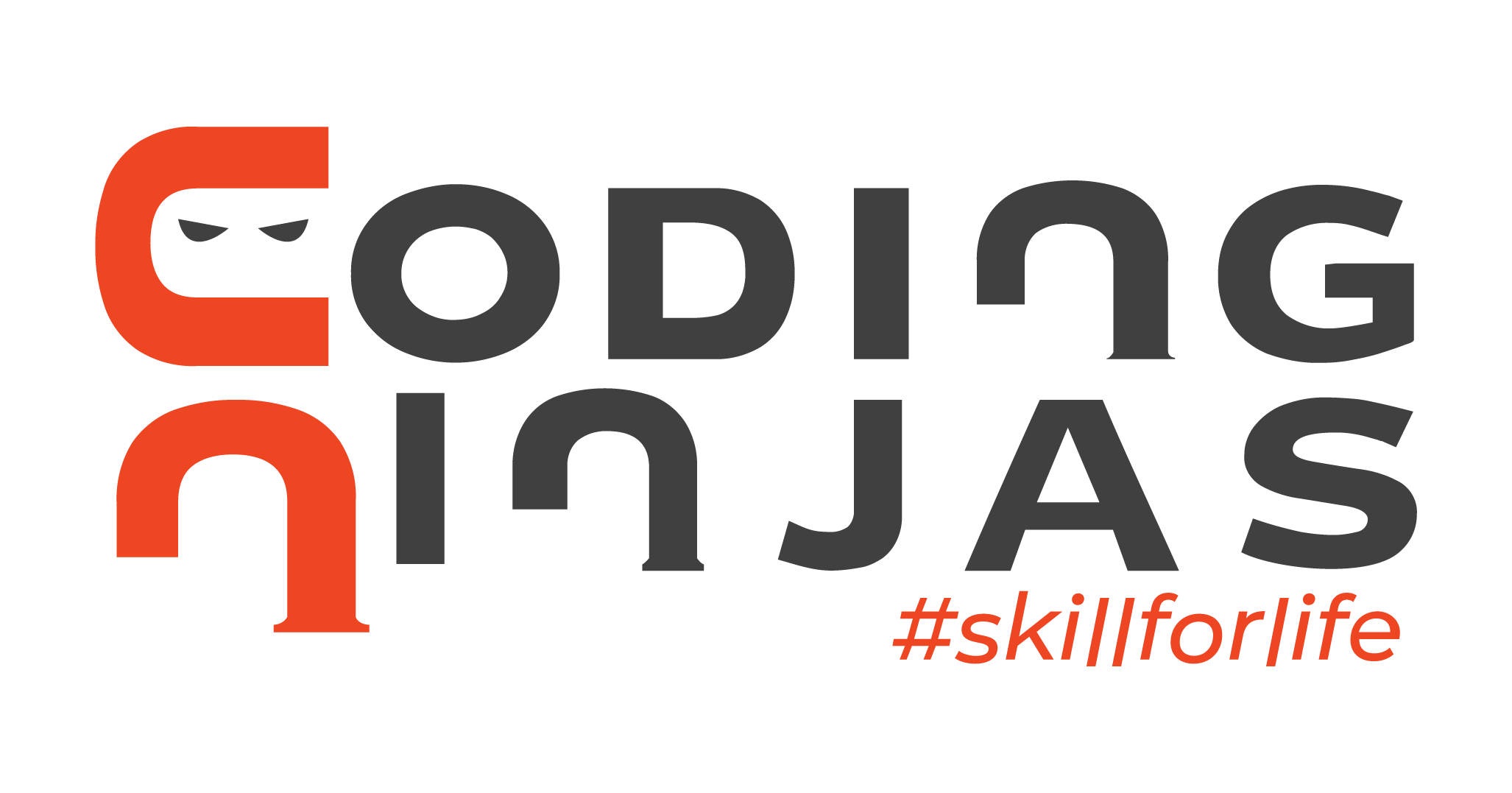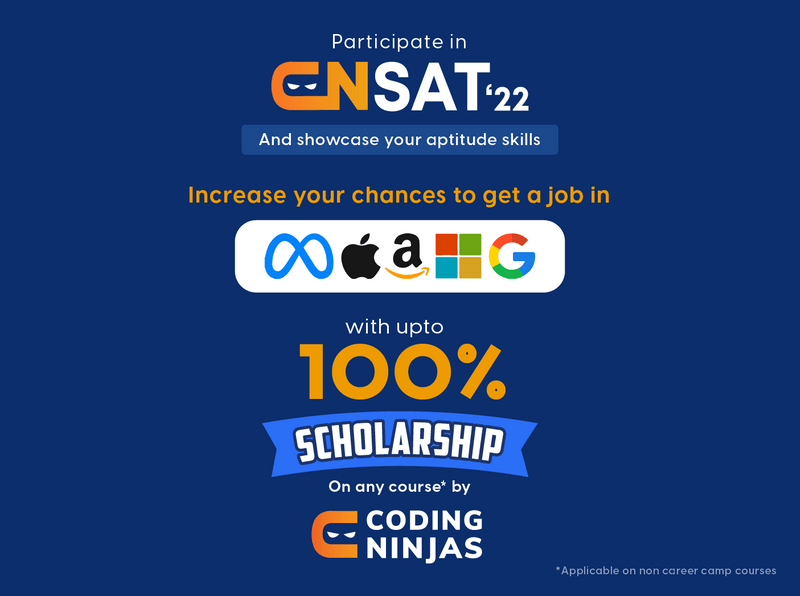Have you graduated with your Engineering degree this year and the current situation has kept you in limbo? We have listed down options for students who are in their final year of B. Tech or have graduated this year to lend a hand in helping them achieve their goals.
We all know that the journey to pursue engineering is neither easy nor smooth. Having a plethora of assignments, sleepless nights to crack your semester examinations and wide range questions that constantly bother you with one question, ‘What next?’. Well, this article will give you insights into the types of B. Tech degrees alongside the many options/career opportunities for students who want to pursue higher studies or start working.
In India, a B. Tech degree is offered across various specialisations. Some of the more prominent ones are as follows:
- Computer Science Engineering
- Aerospace Engineering
- Ceramic Engineering
- Metallurgical Engineering
- Mechanical Engineering
- Civil Engineering
- Electronics & Communication Engineering
- Petroleum Engineering
- Chemical Engineering
- Electrical Engineering
- Instrumentation Engineering
- Electronics & Electrical Engineering
Bachelors in Engineering (BE) degree programme and B. Tech programmes are almost similar in terms of the course content and its offerings. In India, all technical programmes such as B. Tech are regulated by All India Council for Technical Education (AICTE) and the National Board of Accreditation (NBA).
Admissions to B. Tech programmes take place through national Level, State-Level, Institute-Level Engineering entrance examinations. If you had long ago decided to pursue engineering, then you must have undertaken the five top exams like JEE Main, JEE Advanced, VITEEE, MHT CET, TS EAMCET and more.
Difference between BE and B.Tech
- BE is more theoretical and knowledge oriented. It is a study based on theory.
- The course deals with engineering aspects of Science
- The course is applied to develop innovative equipment and useful technical gadgets in Science and Technology.
B. Tech
- B. Tech is a skill/data-oriented. The course is more of application engineering.
- The course deals with the technical aspects of Science
- The course applies the principles of engineering and technology to modify structures and thereby enhance their quality.
Both BE and B. Tech degrees offer students an opportunity to pursue a career in Engineering. The courses are of a duration of 4-years and are spread across 8 semesters.
After completing your B. Tech and basis to your interest you must be either looking forward to pursuing your master’s degree with a specialisation in India or abroad; doing a job or running your start-up.
Some of the few options that you can prepare for in your final year of graduation or if you have already graduated include the following:
- GATE: Graduate Aptitude Test in Engineering (GATE) exam is conducted every year to provide and analyse the appropriate qualification for M. Tech admissions into government and private institutions. The GATE score is additionally helpful for students during PSU recruitments.
This examination is organised jointly conducted by the seven IIT colleges which include IIT Bombay, Delhi, Guwahati, Kharagpur, Madras, Roorkee and Kanpur alongside and Indian Institute of Science (IISc) Bangalore. It is a national level entrance examination that observes around 8.5 lakh candidates registering every year.
Exam Duration: 3 Hours
Exam Fee: Rs. 1500 INR
Language: English
- M.Tech/ME: Masters of Technology or Master of Engineering are professional courses available in degree and diploma formats for students as their way forward if they want to take up specialisation in the specific branches of engineering.
These specialisations include Civil Engineering, Computer Science and Engineering, Chemical Engineering, Electrical Engineering, VLSI, Mechanical Engineering, Electronics and Communication Engineering and many more. The key difference between the two is as follows:
Masters of Technology
- It is a skill-oriented degree.
- It has been designed to produce Research Engineers and work as Technologists in the industries and research institutes.
- It emphasises on practical exposure of conceptual knowledge.
- It is offered by colleges affiliated by various universities.
- It involves the use of technology and other aided stuff.
Masters of Engineering
- It is more knowledge-oriented.
- It is planned for students who plan for employment upon graduation and who are already in the engineering workforce.
- It emphasises on in-depth concept clarification of facts.It is majorly acknowledged by private universities or self-affiliated colleges, for example, IIT.
- It is a traditional term used for primarily theory-based learning.
- MBA: Masters Of Business Administration is an important degree in which technology plays an important role in businesses. MBA is one of the professional degrees that is recognised all around the globe. MBA courses include business management, marketing, financial management and other managerial skills.
The programme of MBA is quite alike in all provinces so the degree of any corner holds a similar importance in the other corner of the world. Therefore, students with the knowledge of technology, business and finance get the privilege in the business world. Their technical skills can be utilised by multinational companies for smarter performance.
Top MBA institutions include Faculty Of Management (FMS), Xavier School Of Management (XLRI), Indian Institute Of Management (IIM) and many more.
- Short Term Courses: These courses are especially helpful for students who are fulltime working or enrolled in another Masters programme. These courses in the programming domains include Advanced Level Programing with a dedication of several hours a week for 4-8 months like Android Development, Data Science, Machine Learning, Web Development and more.
- Civil Services Exams: Most of us dream about landing a fancy job with the government to maintain our status quo and job security. There is a vast difference between an engineering course and the General Studies subjects one has to learn as part of the UPSC syllabus, a huge number of engineering students are joining the IAS bandwagon in recent years.
We can no longer pinpoint the CSAT as the cause for this since this paper was made a qualifying one in 2015. Perhaps it has something to do with the call of an illustrious career in the civil services.
Civil Services Examination, Engineering Services Examination (IES) are some of the exams that can be pursued further and few tips that can be taken forward includes, read newspaper daily, timely revision, practice answer writing, take-up mock tests. - Entrepreneurship: India currently holds the highest rates of startups with a large number of people mostly from engineering and management institutions running their own businesses. Interestingly, IITs, which teach students to become engineers and scientists, end up becoming the breeding ground for fledging start-ups in stark contrast to IIMs where students learn how to manage a business.
If you have an idea that can suffice in the present and the future, a team then all you need is the funding and the right methods to turn your dreams into reality. - Jobs: Be it campus placements or off-campus placements, the demand for freshers to learn at the leading tech bigwigs is quite high. Tech giants are always on a lookout for students having sharp analytical, logical and reasoning skills to tackle any situation alongside being a multi-tasker.
While there is a huge chance to get placed in an MNC, the chances to learn the maximum can with a startup that demands ownership and devotion to the work with not limited tasks.
These are some ways that can help you choose if you are in a dilemma.
If you want to step up your learning curve in programming, check out the courses at Coding Ninjas.
To learn more about careers after learning programming, click here.

















Thank you, I now know the difference between BTech and BE, but I guess I was 4 years too late in doing so.
Hey, I read your article and your information are such great and amazing it is so much helpful for me. Thank you so much:)